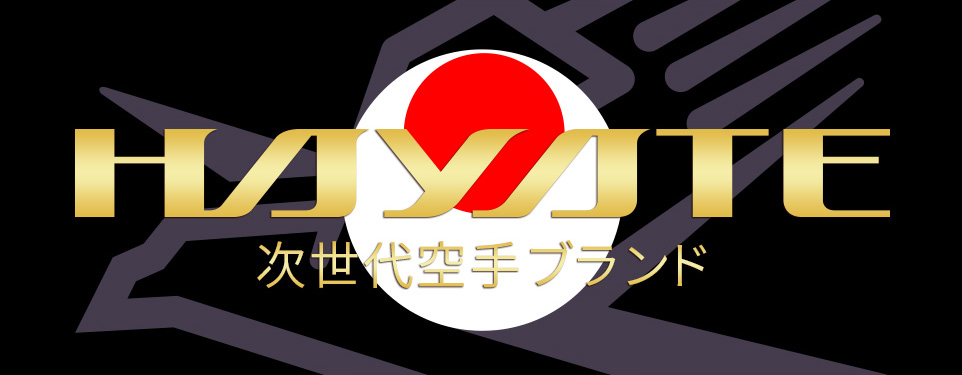16: Universality of the Virtures of Bushido【Kusahara Katsuhide, Chairman of JKA 】
In today’s globalized world, the Japanese are not alone in identifying with the samurai way of life as described in Nitobe’s Bushido. Many people outside of Japan also understand and practice bushido. Why do people overseas share the bushido way of life? Simply put, bushido is not unique only to the Japanese, but it has a high degree of universality as an ethic and morality for all humankind.
Indeed, the virtues of bushido, including righteousness, valor, benevolence, courtesy, sincerity, honor, and loyalty, are what everyone can agree on. That is why they can be shared through many people, transcending differences in race, nationality, and culture.
U.S. President Theodore Roosevelt, who served as a mediator in the Russo-Japanese War, was so moved by Nitobe’s Bushido that he bought dozens of copies and distributed them to his family and friends. He identified with the spirit of bushido because he saw in it the image of the cowboys with whom he had lived as a young man. When Roosevelt was still in his 20s, he suffered the tragic loss of his beloved wife and mother. To ease the grief, he moved from New York to North Dakota in the Midwest to become a rancher, where he lived with cowboys for three years and was inspired by their way of life. Because of this experience, he understood the Japanese mind better than anyone else when he read Bushido and discovered the similarities between the Japanese samurai and the American cowboy: courage, perseverance, modesty, courtesy, honor, loyalty, and so on.
The example shows that the spirit of bushido is not exclusive to the Japanese. Of course, there are no samurai left in Japan anymore, but the spirit of bushido still lives on in the Japanese people today.
As the ruling class, the samurai of Japan had power, but they were not involved in economic activities. Handling money was considered lowly. Therefore, they were not rich like the merchants, and their lives were frugal. However, they were not blinded by money and did not find benefit in cheating. Many Westerners who visited Japan at the time also pointed this out.
Of course, an economic activity is vital to society, and it would be a problem if people were utterly indifferent to money. But even so, many Japanese, when asked what they work for, would not say that earning money is the only purpose. They also value the joy and satisfaction of completing a given task, being of use to someone else, confirming their personal growth, and cooperating with their peers. They find great value in areas that cannot be measured simply by economic scales. Furthermore, that is what ikigai is about or what makes life worth living. This is a wonderful thing.
The Japanese believe that by valuing these ethics and morality, they can lead spiritually rich and fulfilling lives without being distracted by material wealth.





